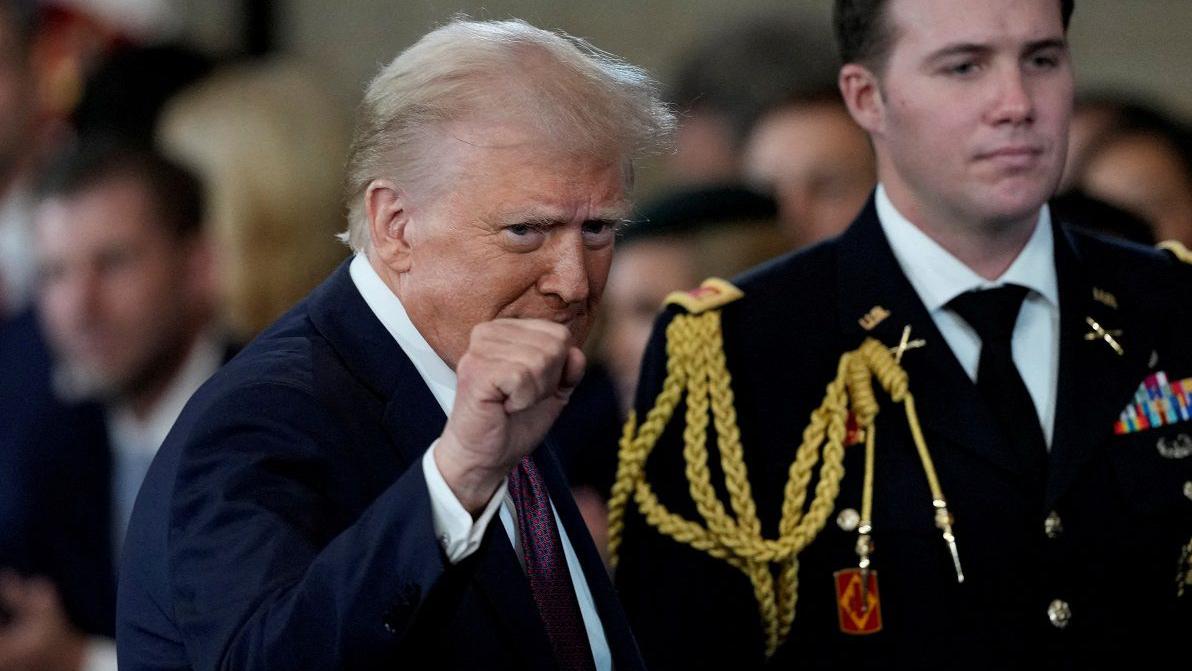President Donald Trump has signed an executive order mandating that the federal government recognize only two genders: male and female.
This decision, announced on January 20, 2025, is being framed by the administration as a push to “restore biological truth” and counter what it calls “gender ideology extremism.”
Under the order, all federal agencies are required to adopt this binary definition of gender based strictly on biological sex at birth. This change will affect official documents like passports, which will no longer offer an option for a third gender marker, such as ‘X.’ Introduced in 2022, the ‘X’ designation was designed to accommodate non-binary, intersex, and gender-nonconforming individuals.
The directive also calls for the Department of Health and Human Services to provide updated guidance on gender definitions and instructs the Bureau of Prisons to house inmates based on their sex assigned at birth. Federal funding for gender transition procedures has been banned under this order, and diversity, equity, and inclusion (DEI) programs within federal agencies will be dismantled.
President Trump defended the decision, stating that the move is intended to protect women’s rights and maintain scientific standards. “There has been an attack on the distinctions between the sexes, which are fundamental to science, safety, and fairness,” Trump remarked during a press briefing. He described the measure as a necessary correction to what he sees as ideological overreach in recent years.
Also Read; Two Years of Transformation Under
President Ibrahim Traoré
The policy has drawn sharp criticism from civil rights advocates and LGBTQ+ organizations. Kelley Robinson, president of the Human Rights Campaign, called the order “a blatant rollback of progress” and a direct attack on transgender and non-binary individuals. Maya Wiley, head of the Leadership Conference on Civil and Human Rights, labeled the move as “an unnecessary and harmful step backward.”
Legal experts predict that the order will face significant challenges in court. Omar Gonzalez-Pagan of Lambda Legal criticized the binary approach as outdated and scientifically flawed. “Gender is a complex interplay of biology, identity, and personal experience,” he said. “This policy denies that reality and will harm countless individuals.”
The order represents a stark reversal of policies introduced under previous administrations. For instance, in 2021, the State Department began allowing a third gender marker on U.S. passports, and federal agencies implemented guidelines to respect employees’ gender identities in the workplace.
As the country grapples with this polarizing issue, advocacy groups are preparing to challenge the order in court. These battles are likely to shape the conversation around gender identity and civil rights in America for years to come.
The controversy highlights the broader cultural and political divide over how gender should be recognized and accommodated in law and society. While supporters of the policy hail it as a defense of science and traditional values, opponents warn of its implications for equality and human dignity.







